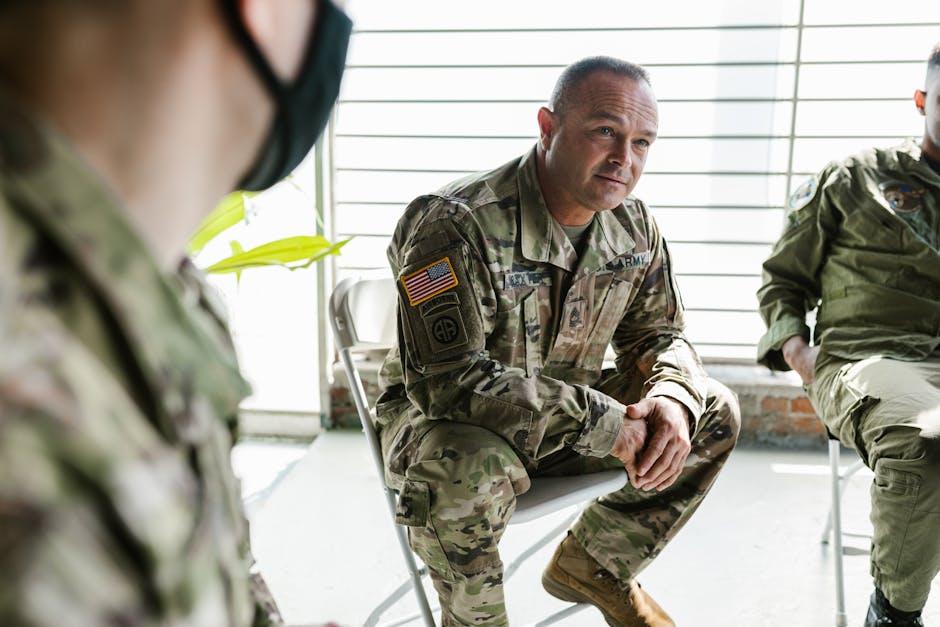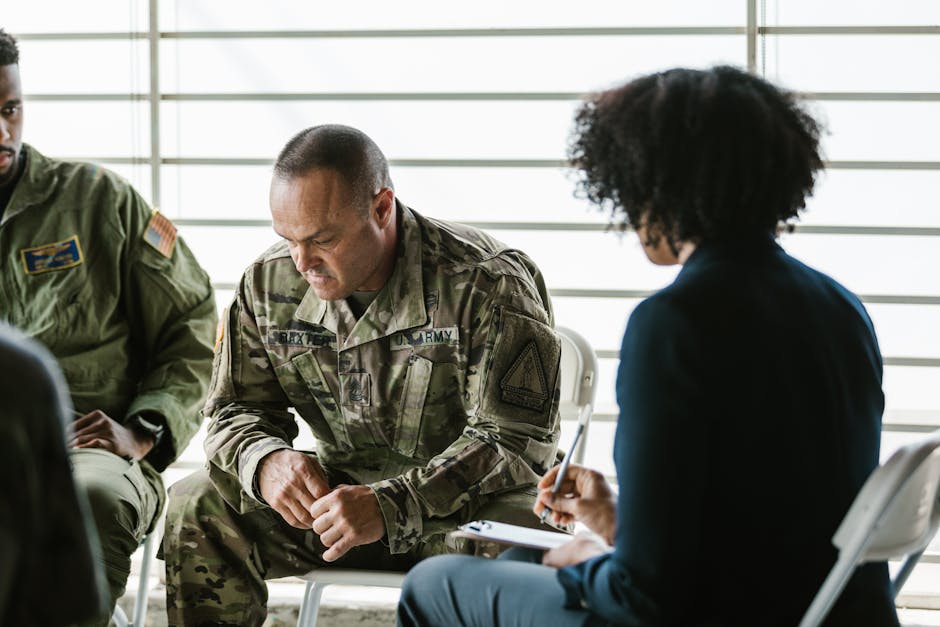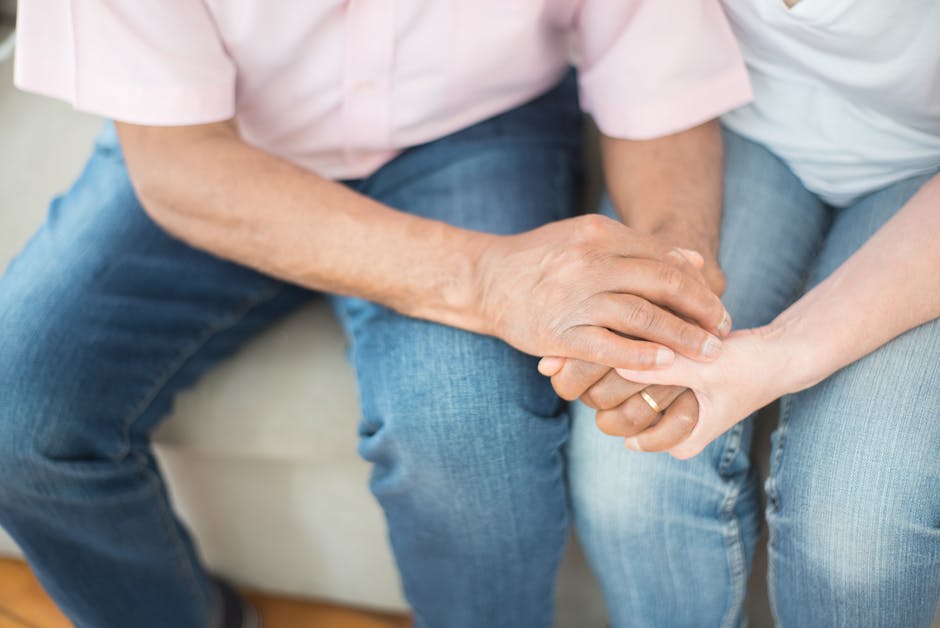The Benefits of Peer Support in Recovery
Recovery from addiction, mental health issues, or any form of trauma can be a challenging journey, often filled with obstacles and setbacks. However, one powerful tool that has been increasingly recognized as a crucial part of the recovery process is peer support. Peer support involves individuals with lived experience of similar challenges coming together to provide mutual support, encouragement, and guidance. In this article, we will delve deep into the myriad benefits of peer support in recovery, exploring its profound impact on individuals striving to overcome adversity and reclaim their lives.
Understanding Peer Support

Peer support is rooted in the belief that those who have gone through similar experiences are uniquely positioned to offer empathy, understanding, and practical advice to others facing similar challenges. This form of support is based on shared experiences, mutual respect, and the idea that individuals in recovery can learn and grow from each other’s journeys. Peer support can take various forms, including group meetings, one-on-one interactions, online forums, helplines, and peer-led recovery programs.
One of the key principles of peer support is the concept of ‘peers helping peers,’ where individuals in recovery play an active role in supporting each other, rather than relying solely on professional therapists or counselors. This dynamic fosters a sense of empowerment, community, and solidarity among individuals in recovery, creating a safe space for sharing vulnerabilities, celebrating successes, and offering guidance without judgment.
Benefits of Peer Support in Recovery

1. Empathy and Understanding
One of the most significant benefits of peer support in recovery is the deep sense of empathy and understanding that individuals in similar situations can offer each other. Unlike traditional therapy settings, where the therapist may not have firsthand experience of the challenges faced by the individual, peer support allows for a more authentic and relatable connection. Peers can relate to each other’s struggles, fears, and triumphs, creating a profound sense of camaraderie and validation.
For example, in a peer support group for individuals recovering from substance abuse, members can share their stories of addiction, relapse, and recovery without fear of judgment. This open and non-judgmental environment fosters a sense of belonging and acceptance, which can be incredibly healing for those grappling with feelings of isolation and shame.
2. Social Connection and Community
Isolation and loneliness are common challenges faced by individuals in recovery, making it difficult to sustain motivation and stay on the path to healing. Peer support provides a crucial antidote to these feelings by creating a sense of community and social connection. Being part of a peer support group or network can help individuals build meaningful relationships, establish a support system, and combat the sense of alienation that often accompanies recovery.
Moreover, peer support groups offer a safe space for individuals to practice social skills, build trust, and develop healthy communication patterns. By engaging with peers who share similar goals and values, individuals in recovery can cultivate a sense of belonging and solidarity, which can significantly enhance their overall well-being and resilience.
3. Shared Knowledge and Resources
Peer support in recovery is not just about emotional support; it also involves sharing practical knowledge, skills, and resources to help individuals navigate the complexities of their healing journey. Peers can offer valuable insights, tips, and strategies based on their own experiences, which can be instrumental in overcoming challenges, setting goals, and making informed decisions.
For instance, in a peer support group for individuals with post-traumatic stress disorder (PTSD), members may share coping mechanisms, relaxation techniques, and information about local mental health services. This exchange of information can empower individuals in recovery to take control of their healing process, access relevant resources, and make informed choices that align with their recovery goals.
4. Emotional Validation and Encouragement
Recovery can be an emotionally turbulent journey, marked by moments of self-doubt, anxiety, and despair. Peer support offers a unique form of emotional validation and encouragement, where individuals in recovery can express their feelings openly, receive empathetic responses, and gather strength from the collective wisdom of the group.
Peer support groups often serve as a safe space for individuals to share their vulnerabilities, fears, and insecurities without fear of stigma or rejection. The act of listening, validating, and offering words of encouragement can have a profound impact on one’s self-esteem, self-worth, and sense of agency in their recovery process. Knowing that they are not alone in their struggles can provide individuals with the courage and motivation to persevere through challenging times.
5. Accountability and Motivation
Accountability is a key component of successful recovery, as it helps individuals stay committed to their goals, track their progress, and take responsibility for their actions. Peer support can offer a structured framework for accountability, where members set goals, monitor their achievements, and hold each other to high standards of honesty and integrity.
By being part of a peer support group, individuals in recovery can benefit from the collective motivation, encouragement, and support to stay on track with their recovery plan. Peers can offer gentle reminders, constructive feedback, and positive reinforcement, creating a sense of mutual accountability that can be instrumental in fostering long-term recovery outcomes.
6. Reducing Stigma and Discrimination
One of the significant challenges faced by individuals in recovery is the pervasive stigma and discrimination associated with mental health issues, addiction, and trauma. Peer support plays a vital role in challenging and dismantling these harmful stereotypes by promoting empathy, understanding, and acceptance of diverse experiences and backgrounds.
Peer support groups provide a platform for individuals to share their stories, challenge misconceptions, and advocate for their rights in a supportive and non-judgmental environment. By engaging with peers who have faced similar forms of discrimination, individuals in recovery can find strength, solidarity, and empowerment to combat stigma, raise awareness, and promote social change.
7. Long-Term Recovery and Sustainability
Peer support in recovery is not just about addressing immediate challenges or crises; it also plays a crucial role in promoting long-term recovery and sustainability. By building strong social connections, fostering a sense of community, and developing skills for self-care and self-advocacy, peer support equips individuals with the tools and resources needed to maintain their recovery journey over time.
Research has shown that individuals who engage in peer support programs are more likely to achieve lasting recovery outcomes, experience improved quality of life, and have a lower risk of relapse. The ongoing support, mentorship, and guidance provided by peers can help individuals navigate life’s ups and downs, cope with triggers and setbacks, and build resilience in the face of adversity.
Expert Opinions

According to Dr. William White, a renowned recovery advocate and researcher, “Peer support is not just about helping individuals heal from their past; it is also about empowering them to create a brighter future. The shared experience, empathy, and validation offered by peers can be transformative in shaping one’s recovery journey and fostering a sense of hope and resilience.”
Dr. Gabor Mat, a leading expert in addiction and trauma, emphasizes the importance of peer support in recovery, stating, “Connection is the opposite of addiction. When individuals in recovery connect with peers who understand their struggles and support their growth, they create a powerful bond that can transcend pain and trauma.”
Conclusion

Peer support in recovery is a powerful and transformative tool that can significantly enhance the quality of life, well-being, and resilience of individuals striving to overcome adversity. By fostering empathy, understanding, community, and shared knowledge, peer support creates a supportive and empowering environment where individuals can heal, grow, and thrive.
As we navigate the complexities of recovery, let us remember the profound impact that peer support can have on our journey. Let us reach out to our peers, share our stories, and embrace the collective strength and wisdom of our community. Together, we can overcome challenges, break down barriers, and create a world where recovery is not just a destination but a way of life.




